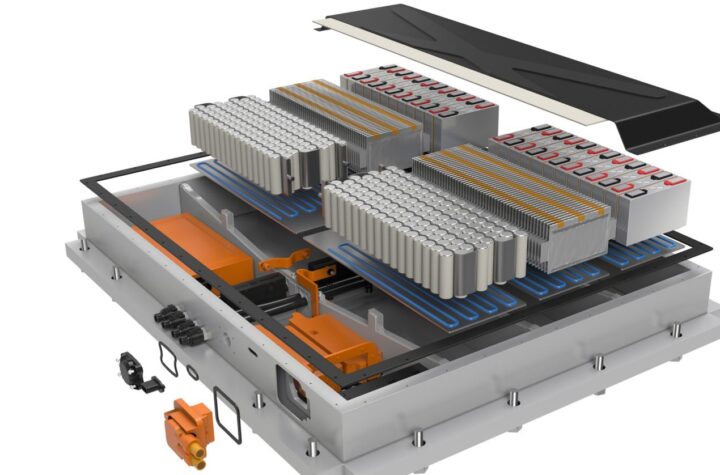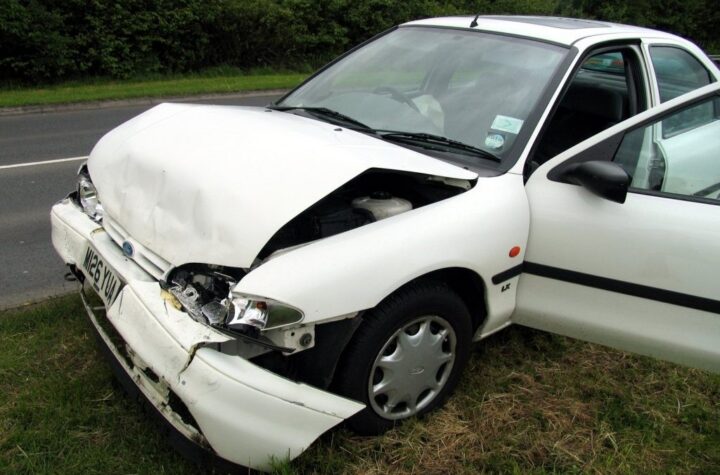
BMW Manufacturing will use recycled methane gas generated by the Palmetto Landfill near Spartanburg to provide energy to its paint shop.
BMW is working with long-standing partner Durr Systems of Plymouth, Mich., to modify and upgrade equipment so landfill gas can be used to fuel the paint shop. Durr Systems specializes in developing and implementing energy performance projects in industrial facilities and is a partner in the Environmental Protections Agency’s (EPA) Landfill Methane Outreach Program, which helps businesses lower operating cots, protect the environment and build a sustainable future.
“BMW is the first automotive paint shop to integrate the use of landfill gas in its process equipment,†said Dave Ciuffoletti, Durr’s vice president of sales. “BMW should be congratulated for its environmental stewardship. By taking advantage of a renewable resource, BMW has truly become the world’s first green paint shop.â€
BMW Manufacturing gained international recognition on June 20, 2002, when the automotive manufacturer first announced that a 9.5-mile pipeline has been constructed from the landfill to its facility to provide some of the plant’s energy needs. With today’s announcement, about half of BMW Manufacturing’s energy is now provided by this renewable resource, saving the company at least $1 million per year in energy costs.
By utilizing previously unused energy from landfill gas, BMW Manufacturing is reducing area emissions of carbon dioxide, a greenhouse gas, by approximately 17,000 tons and is recovering enough energy to heat 10,000 homes per year. The quantity of greenhouse gases reduced is the equivalent of driving a car around the globe 4,300 times, or more than 100 million miles.
Landfills are the largest human-made methane source in the United States. Methane is produced as waste decomposes. When released into the air, it is a greenhouse gas and contributes to local air pollution.
“Three of our core principles are innovation, protecting the environment, and being a good corporate citizen,†said Briggs Hamilton, BMW Manufacturing’s environmental section manager. “This is such a positive for everyone involved. There literally hasn’t been a downside to this project. This project allows us to take a previously wasted energy source and use it to generate electricity, which protects the environment and our community through lower emissions.â€
The efficient cogeneration of electricity and hot water has been a part of BMW’s overall plan since construction began on this plant in 1993. The move to use recycled landfill gas to power the paint shop began in 2004.
“The paint department is the largest consumer of energy in any automotive manufacturing plant,†said Dara Leadford, an engineering section manager who has been working on the project. “Fifty percent of our energy is used in the paint department for controlling the process environment that is a necessity for a quality surface finish.â€
BMW’s partners in this multi-million dollar project are Durr Systems, Ameresco Energy Services and Waste Management Inc.
Durr Systems is an industrial service and product provider with the tools and expertise to develop and implement energy performance improvements projects in industrial facilities. Ameresco designed, built and owns the pipeline, gas processing and gas compression facilities as well as manages the overall operations of the project. Waste Management, which owns and operates the Palmetto Landfill, currently supplies landfill gas to 69 gas-to-energy projects in 21 states.
BMW is a charter member of the EPA’s National Environmental Performance Track that recognizes companies for their environmental stewardship and performance. The company is also a member of the South Carolina Environmental Excellence Program. The company is on the Dow Jones Sustainability Group Index, which rates environmentally friendly companies.
BMW Manufacturing Co. (www.bmwusfactory.com) is a subsidiary of BMW Group in Munich, Germany. In addition to the South Carolina manufacturing facility, BMW’s North American subsidiaries include sales, marketing and financial services operations in the United States, Canada and throughout Latin America; an information technology consulting and systems integration firm in South Carolina; and a design firm in California.












More Stories
Sonatus – The industry is shifting gears to software
Cybord warns of dangers of the stability illusion
HERE building trust in ADAS systems